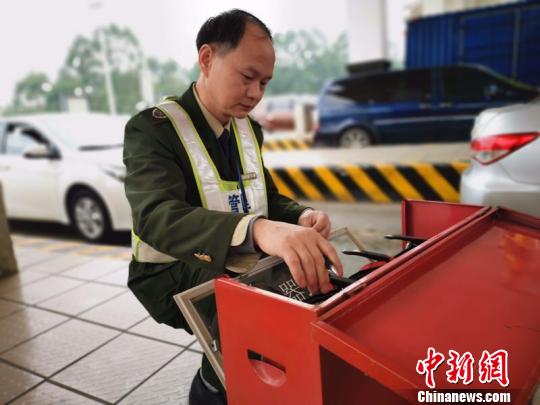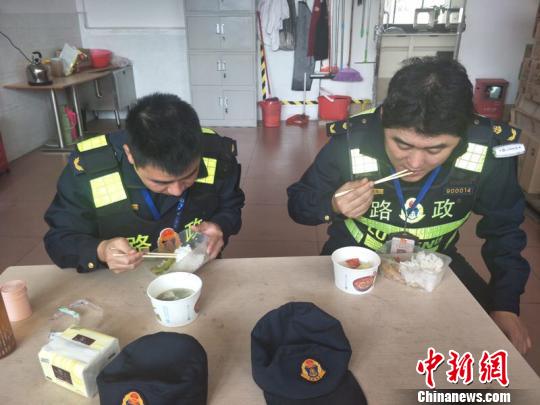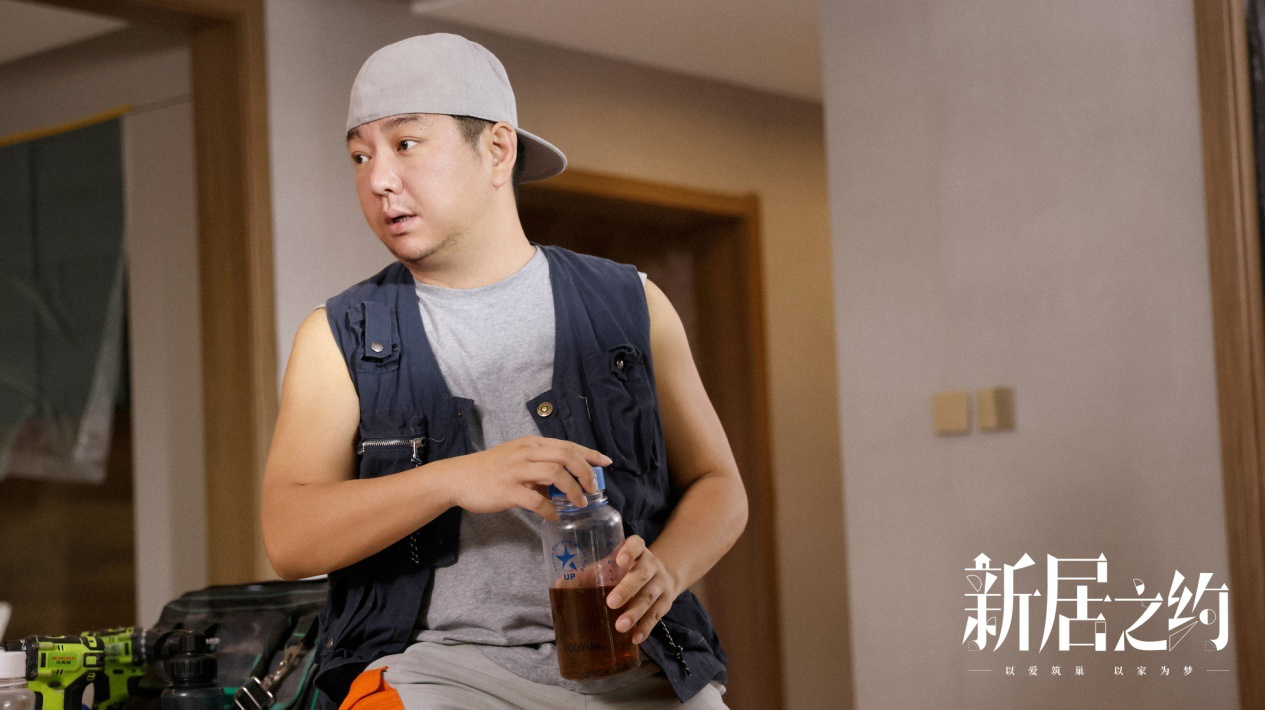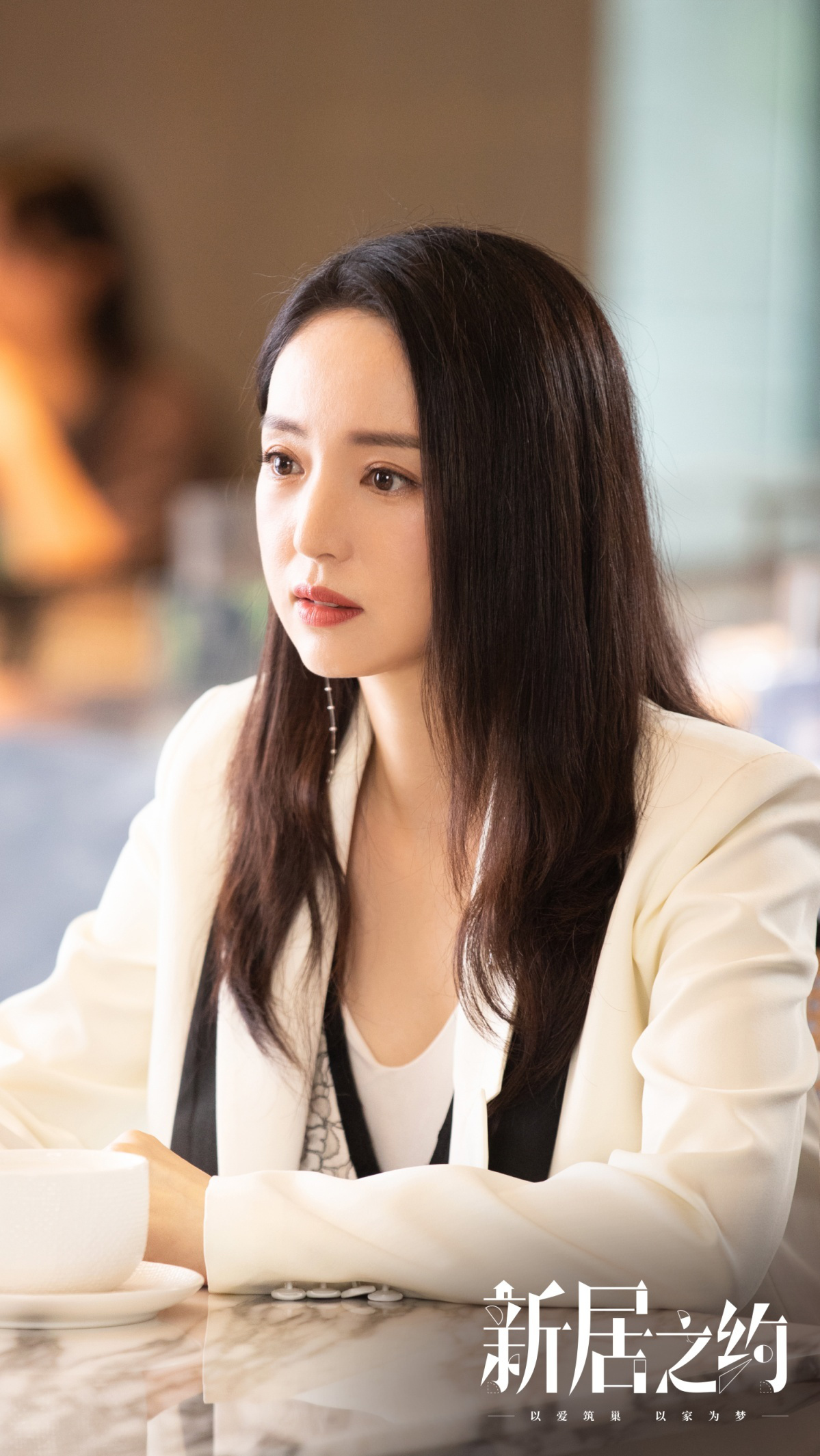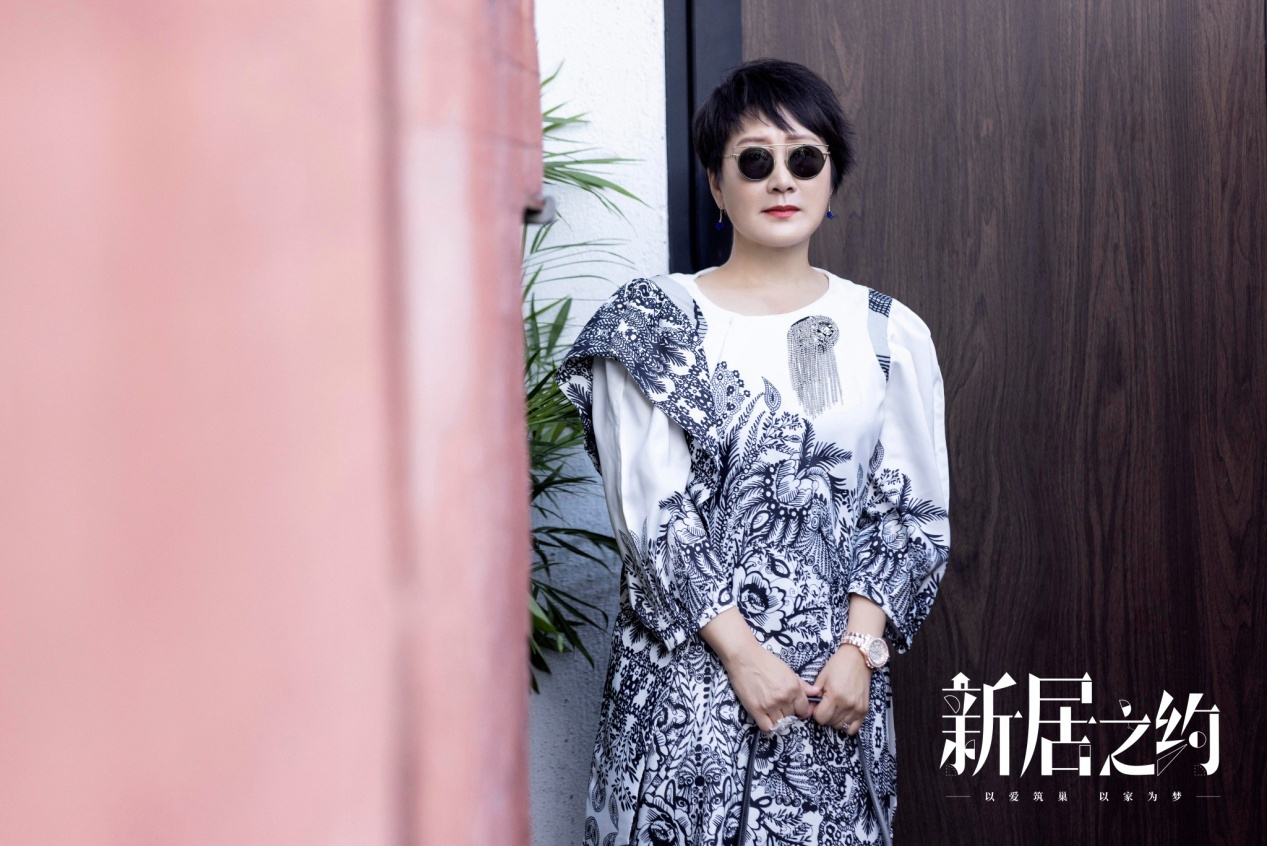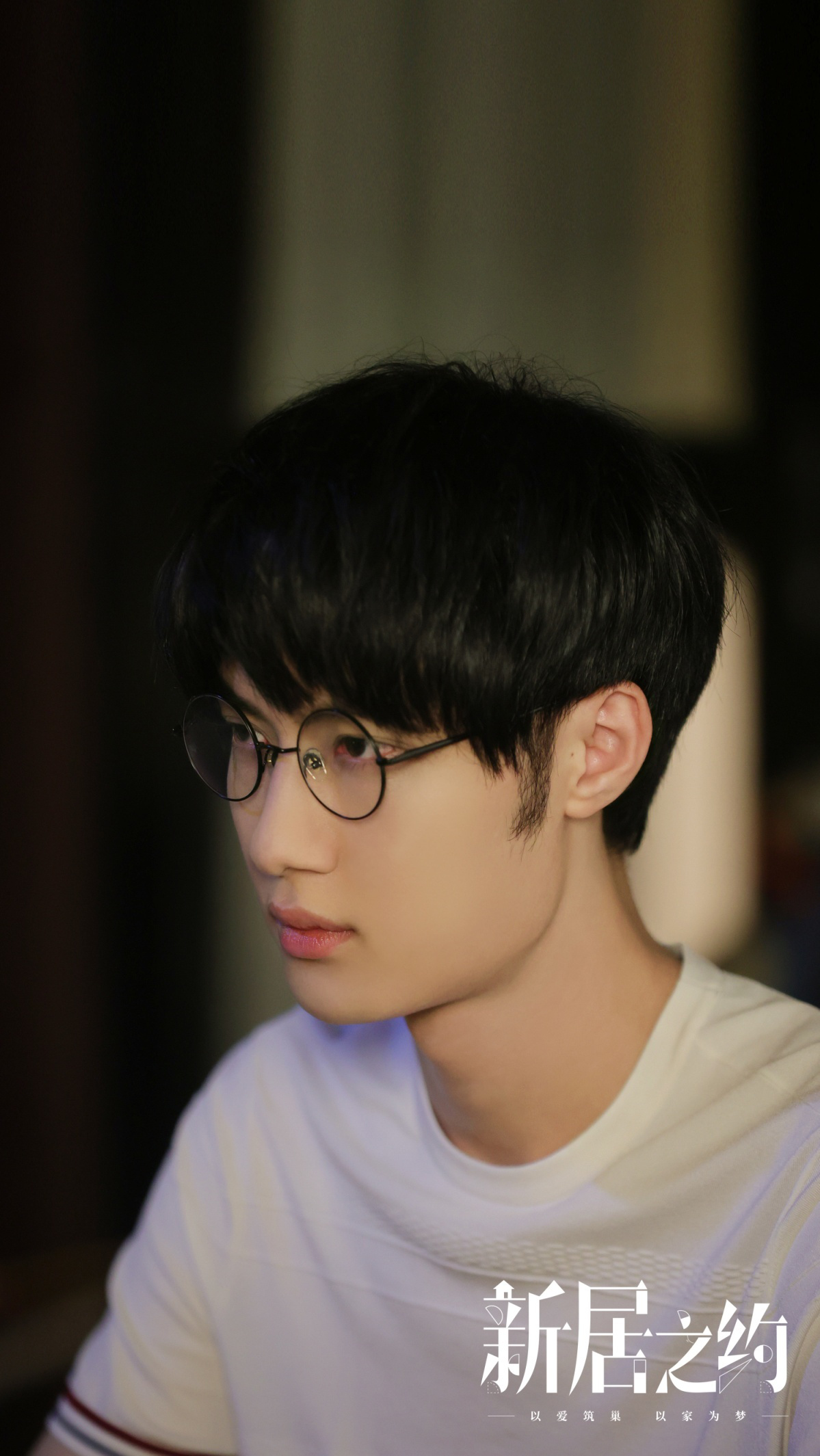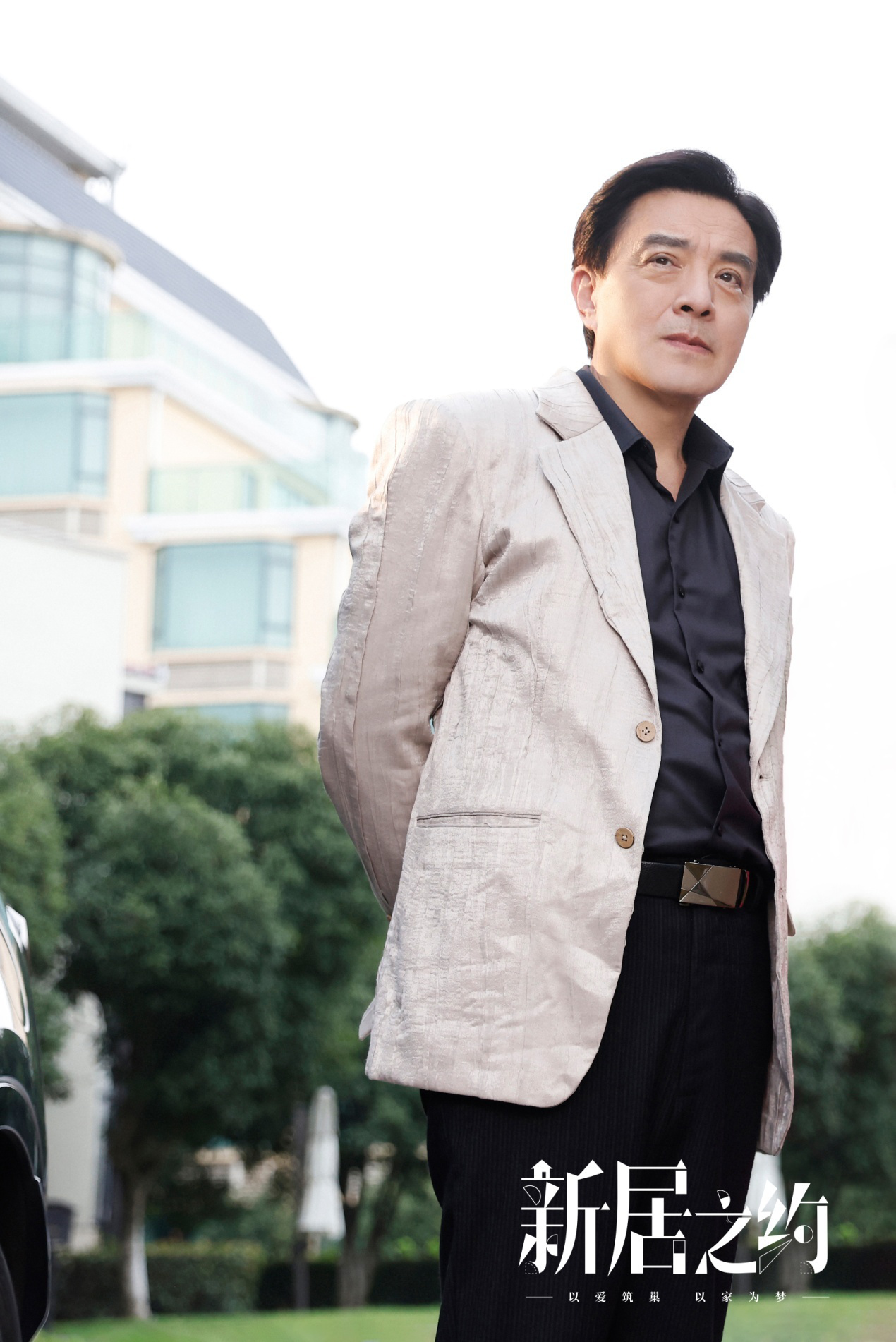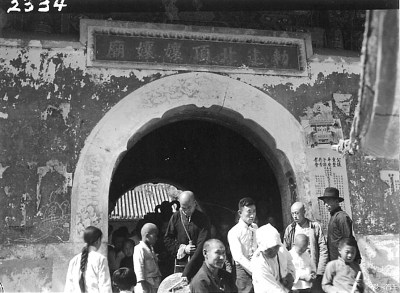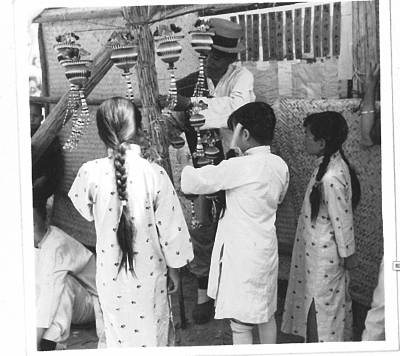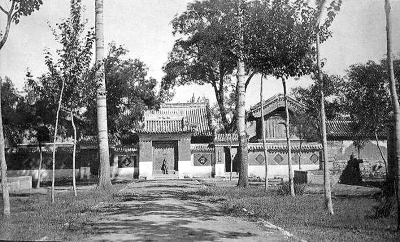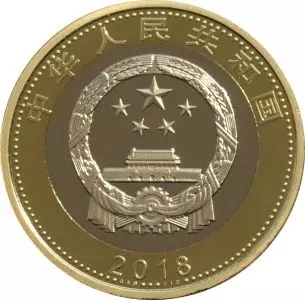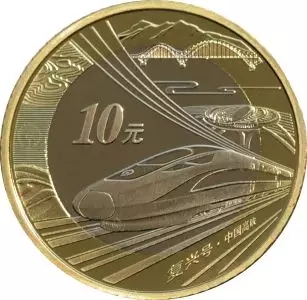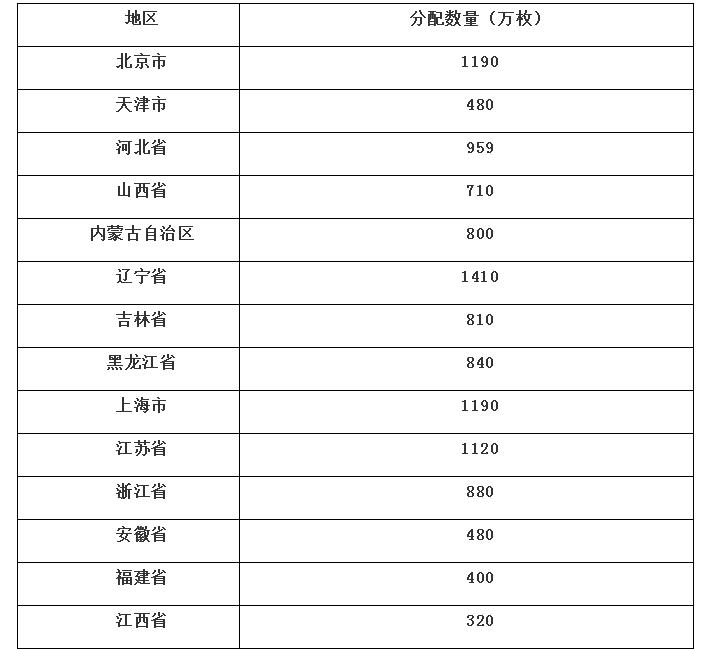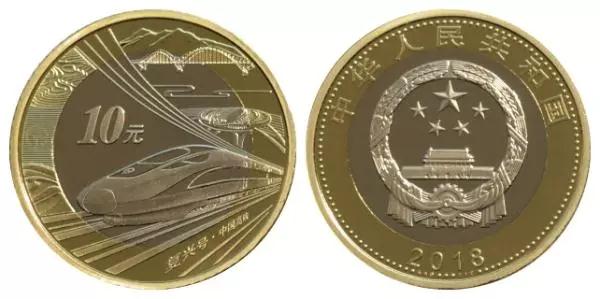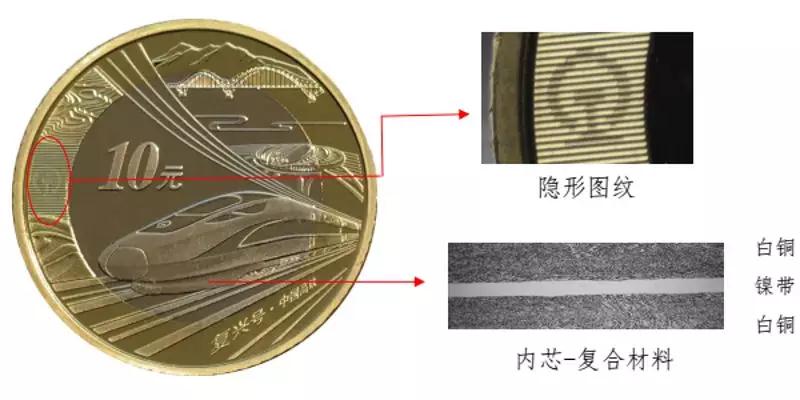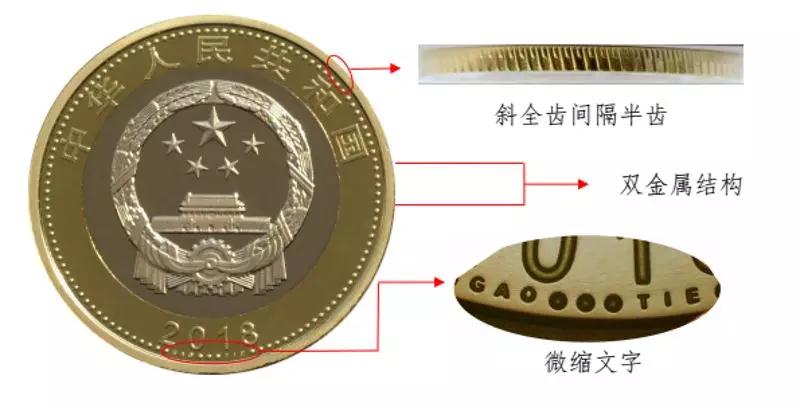Taking stock of the names of crying scenes, "I cried" equals "well played"?
From the pre-traffic era to the traffic era, crying drama has become an important marketing incision step by step from the popularity of representative figures to hot search topic marketing, and behind it is the trade-off and consideration of works, actors and traffic. In the specific marketing methods, the refinement of crying drama also has its outstanding crux, such as the polarized works evaluation brought by hot search of entries and the narrative confusion under short video marketing, which requires practitioners to rethink "marketing is king" and "works are king" in the new era background.
author | Guo Xuemei (author group of cultural industry review, researcher of Sanchuan Huiwen Tourism Research Institute)
read and edit | Time
edit | Peninsula
source | Cultural Industry Review
Crying is not only an important criterion for testing actors’ acting skills, but also a hot topic in film and television marketing in recent years.
From the early years, people spontaneously selected "Top Ten Classic Crying Plays" and "The Best Actress in Crying Plays", to the "Crying Plays of xx Stars" which are full of screens now. At the end of last year, Weibo entertainment bloggers took stock of "#2021 Crying Scene #", and different audiences sent out Amway’s own best annual crying drama.
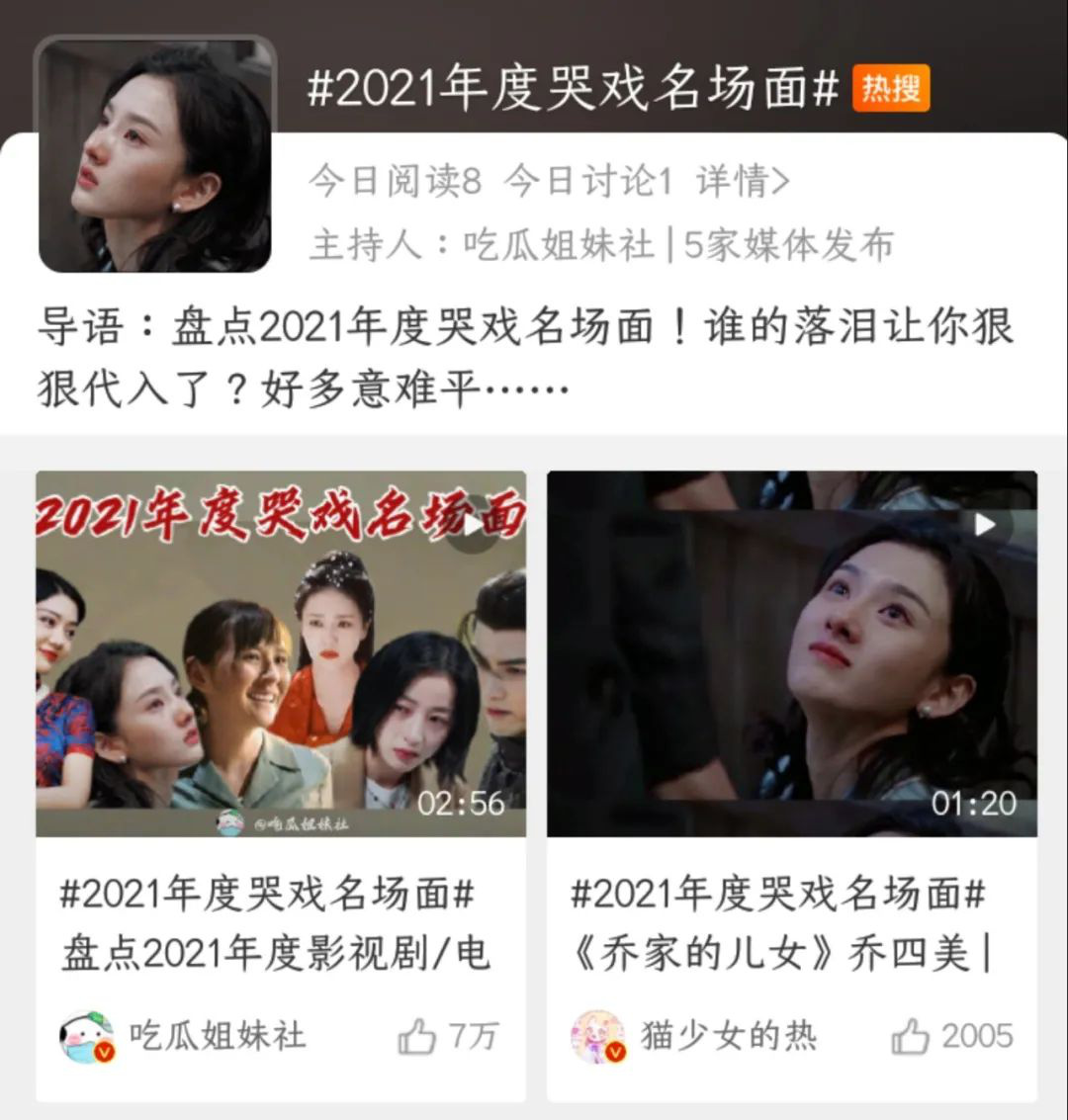
△2021 crying scene
In the end, the selected works include Minning Town’s "I’m fine in another country", "Zhou Sheng as usual" and "Make a name for myself". They are also excellent TV dramas last year, which makes the crying drama starring a great advantage in the promotion of the works. How does crying play become the current "acting indicator" step by step? How did the increasingly prominent "crying drama marketing" develop and what are the deep-seated problems it faces?
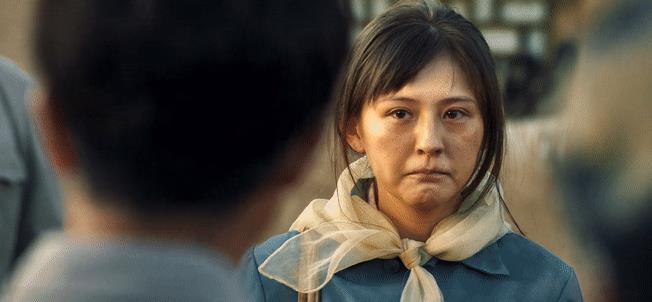
How does crying become a "performance indicator" in the traffic age?
Crying seems to be one thing, but for actors, crying is different.
The most common ones are silent tears, sobbing in a low voice and wailing. The matching actions can include raising your head/lowering your head for one second to cry, covering your mouth and crying while talking, etc. The matching scenes can also include crying in the rain and turning your head to cry. In different film and television works, all kinds of crying plays different roles, either promoting the plot or showing the charm of the actors.
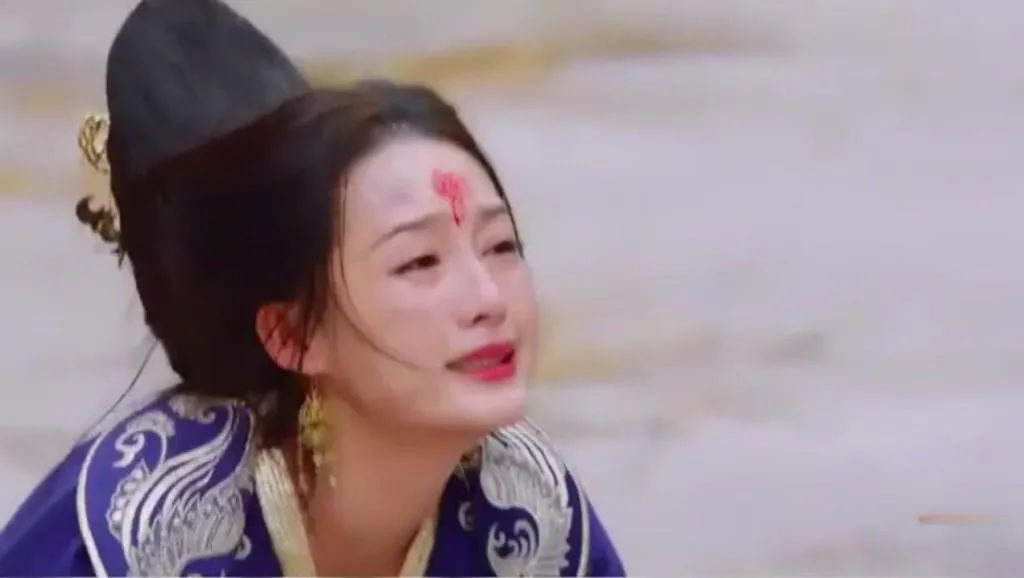
△ "Chu Qiao Biography" Li Qin crying
From the pre-traffic era to the traffic era, crying drama has gradually changed from a single work standard to a marketing routine at the front desk.
In the pre-traffic era, the film and television industry generally paid more attention to actors’ acting skills, which also made the crying marketing more representative, which was completely different from the current traffic era’s emphasis on data and fan consumption. The more famous ones were Qiong Yao’s crying and Ma Jingtao’s roaring crying.
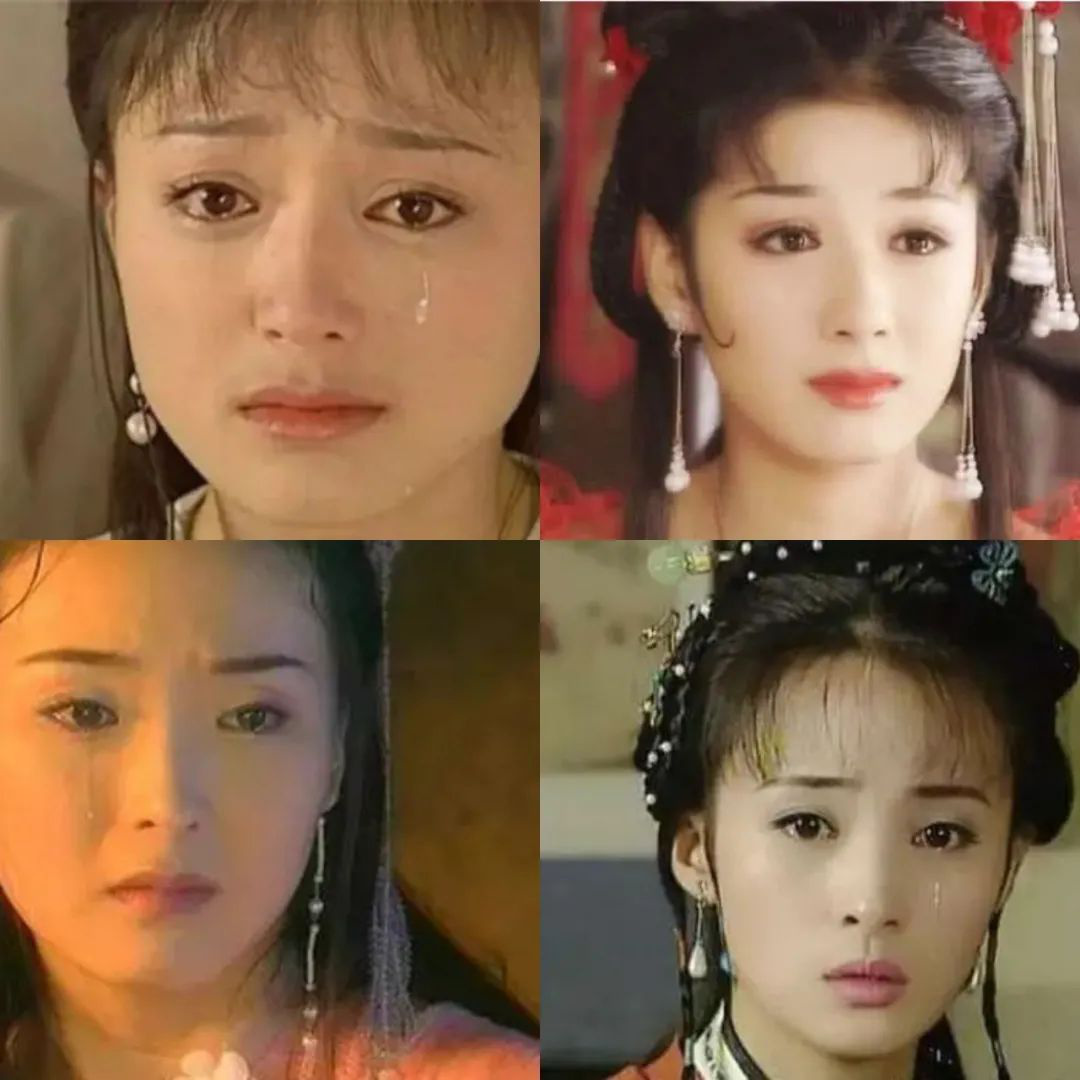
△ Qiong Yao’s crying-tears are like beads, falling in one second.
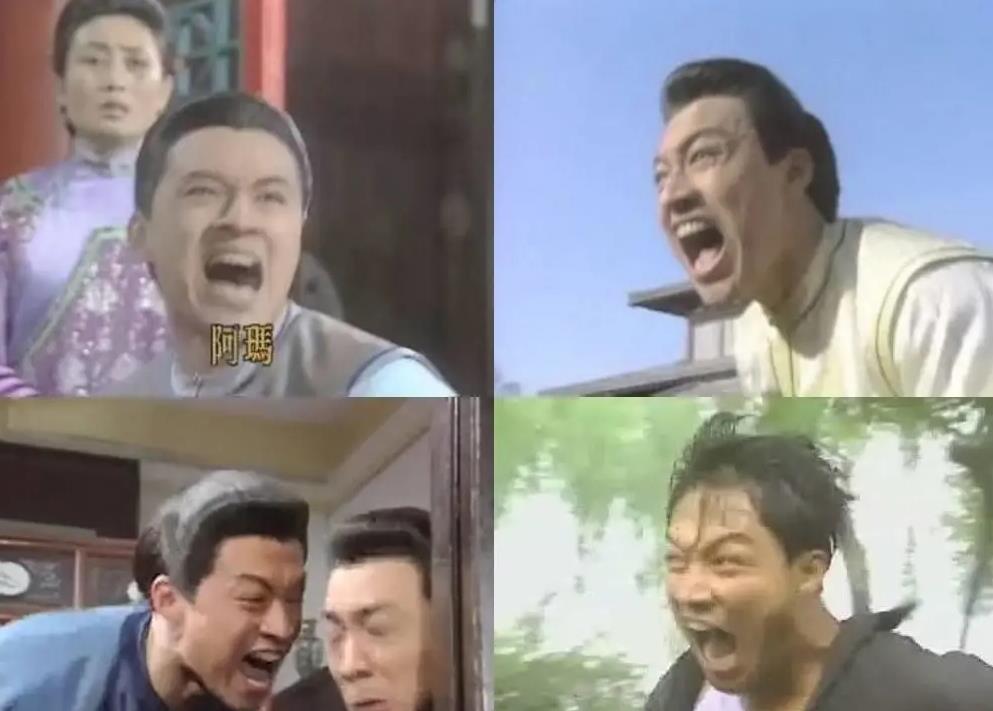
△ Ma Jingtao-style crying-crying and roaring
These famous actors’ crying plays set up their own "IP", which has a richer topic in publicity, and also provides reference for young actors to learn crying plays, such as Liu Xuehua’s crying play, which is widely praised by people. Of course, some exaggerated crying plays also have their negative effects, such as deliberately imitating for the sake of attracting attention.
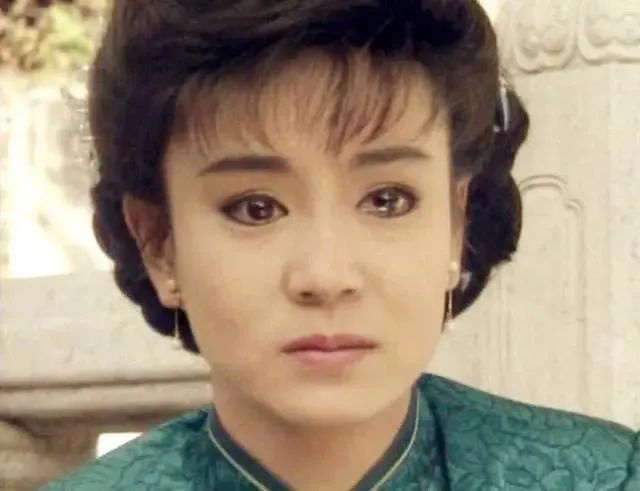
△ Early Liu Xuehua crying

△ "After the tears" Liu Xuehua was ridiculed
In the pre-traffic era, the topic of paying attention to the actors who play the bones and letting the crying play still be in the stage of appreciating the works has not yet become a marketing topic that people pay special attention to.
In the era of traffic, TV dramas have moved from TV to mobile phones, and advertisements have become more diversified from the original single TV promotion. Marketing channels such as Weibo and short videos have given crying dramas a separate "play space", and the marketing of crying dramas with interesting and special words has blossomed.
For example, the representative "xx-style crying drama" is aimed at different film and television works and different propaganda bias.
"# Crying and Fragmentation #" emphasizes the sense of vulnerability, but there is no unified statement, and there are thousands of people, but as long as it can arouse the desire for protection, it is usually more suitable for the propaganda of costume dramas.
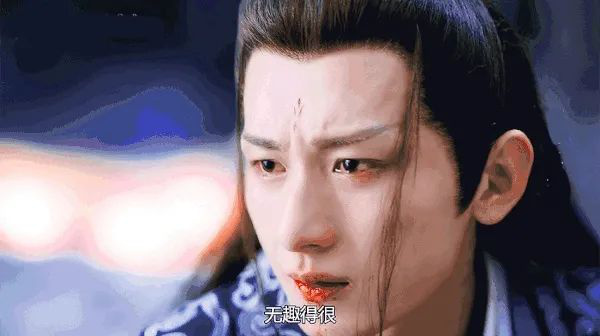
△ "Coloured Glass" Cheng Yi crying
"# forbearing crying drama #" emphasizes the sense of forbearance, and the audience can see the tears, but at the same time, they must ensure that the tears will not flow out of their eyes. It has a high degree of adaptability in various drama scenes.
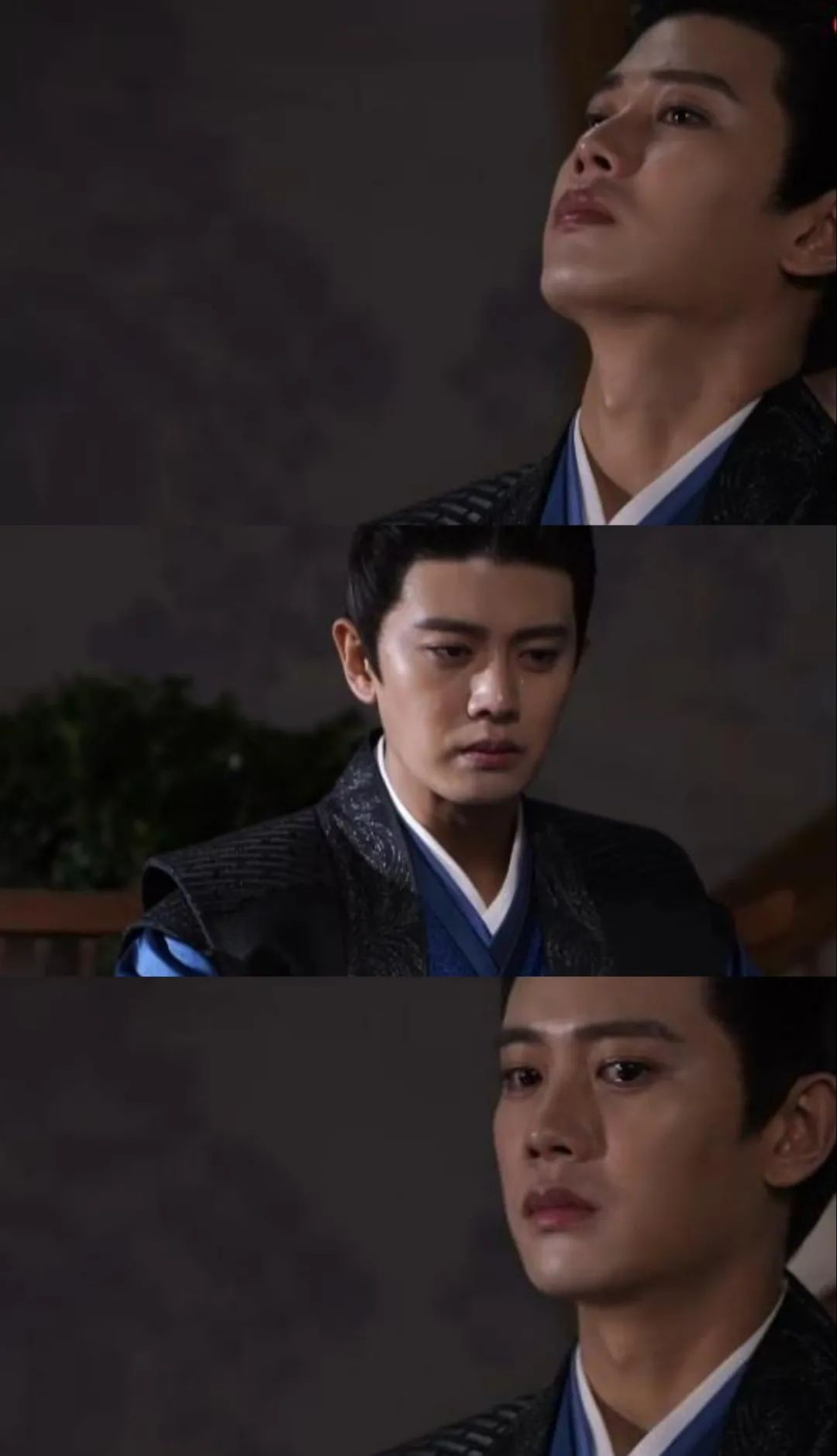
△ "Zhou Sheng is the same" Allen cries
Some film and television works like to use some special expressions to make the ordinary crying play unique. "# Face-washing crying #" and # faucet crying # "always give people the illusion that" the bolder the words, the more powerful the publicity ".
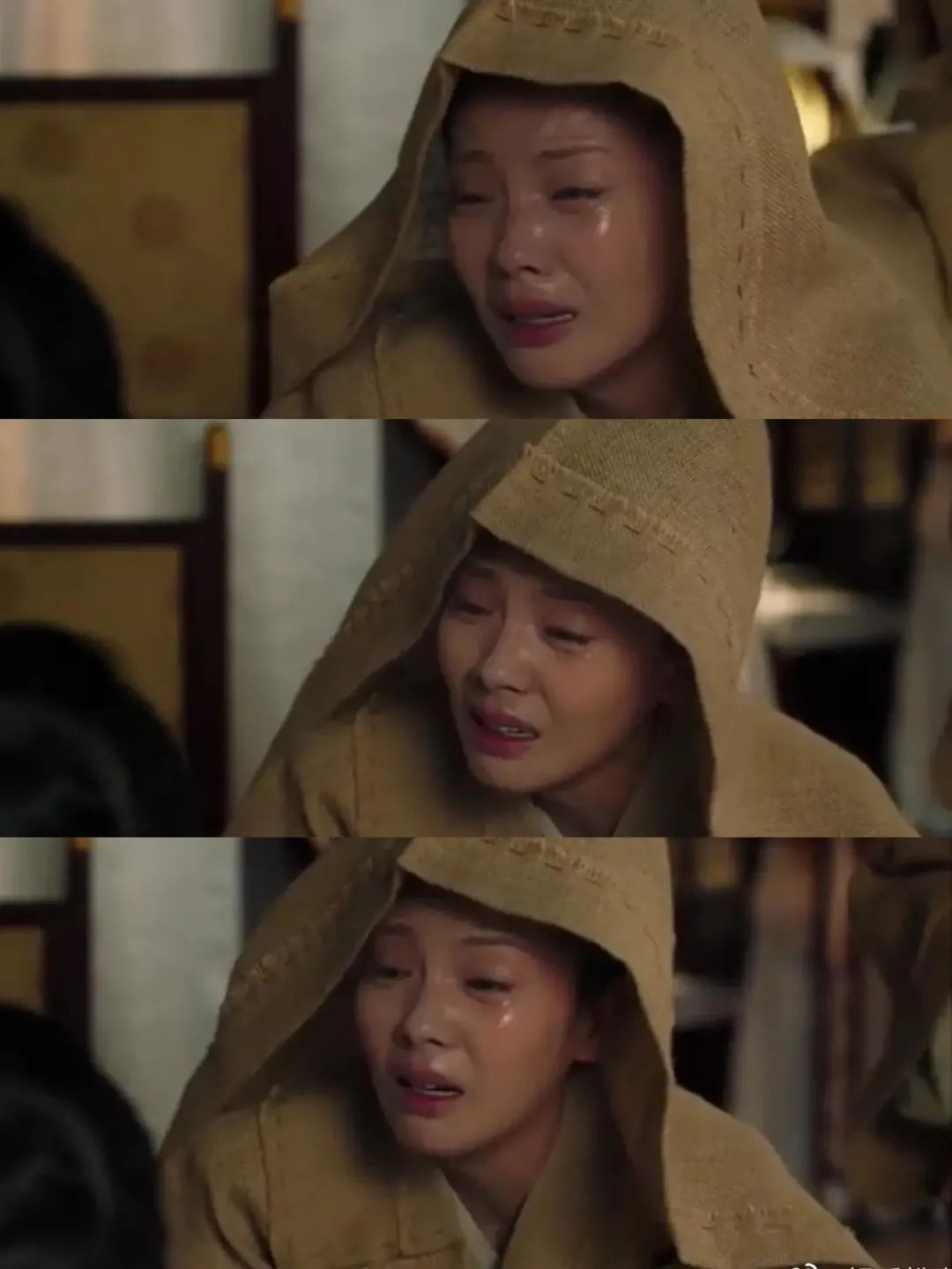
△ "Da Song Gong Ci" Tamia Liu washes his face and cries, and his face is full of tears
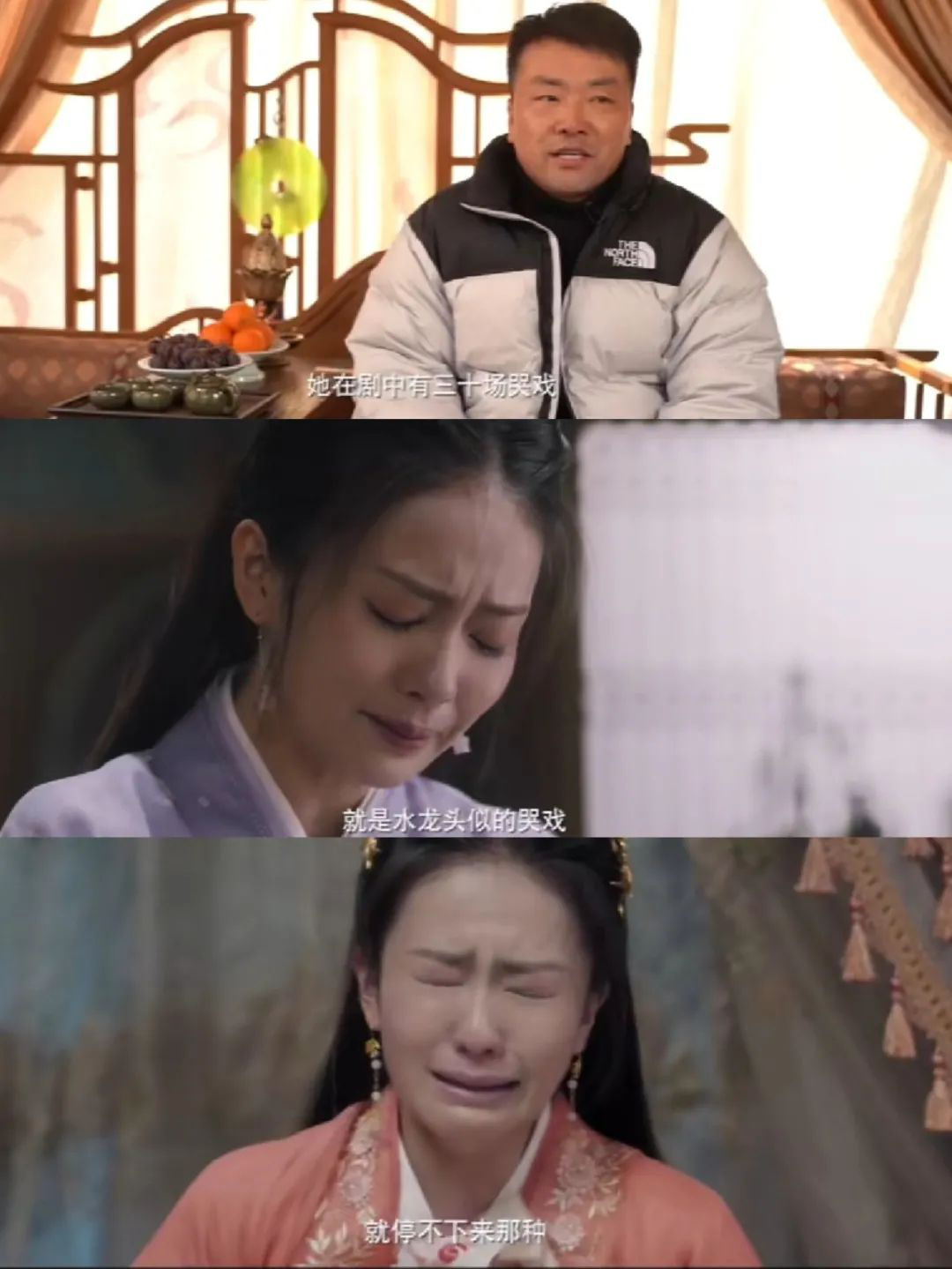
△ "Zhou Sheng is the same" White Deer faucet crying, crying from beginning to end
Of course, some propagandists who really have nothing to say or are more "conservative" still like to use marketing words like "# textbook crying #" and "# crying empathy #".
The "forced out of the circle" of crying drama has become the norm in the era of traffic.
In addition, in addition to the marketing of film and television dramas targeted at crying, a series of topics related to the actors themselves are also more prominent. For example, when the TV series with the same name is compared with the crying of movies, after the popularity of July and An Sheng, the crying of Zhou Dongyu and Sandra starring in the movie version is often compared with Shen Yue and Chen Douling starring in the TV series.
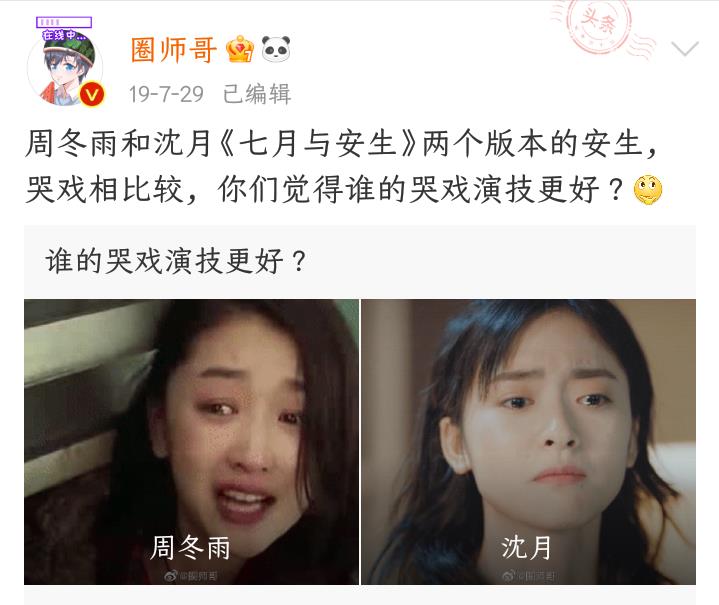
△ "July and An Sheng" An Sheng cries
Another example is the improvement of the acting skills of new actors. Angelababy, who has been ridiculed for her poor acting skills, ushered in a turning point in audience evaluation after the broadcast of Skyscraper, especially the crying.
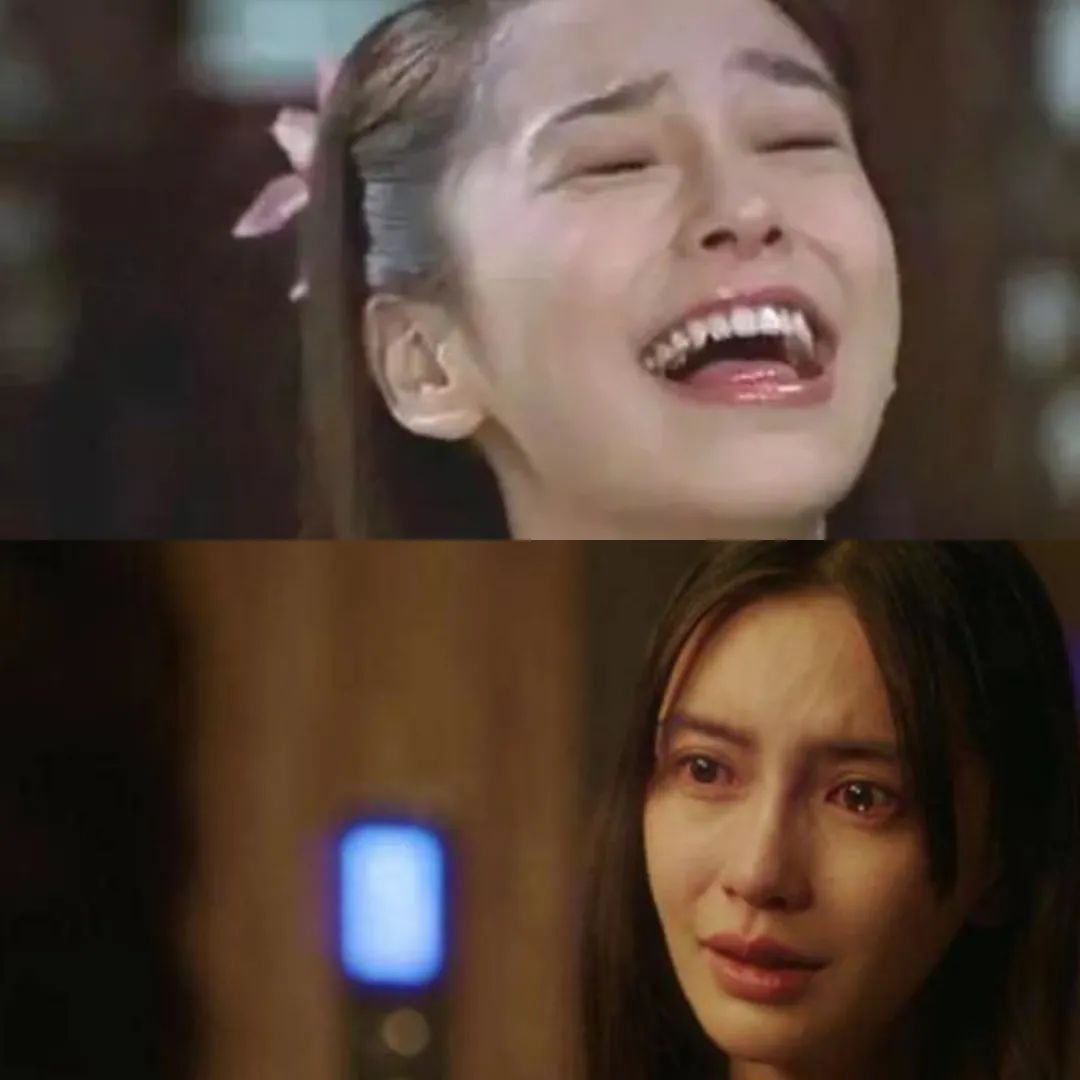
△ From crying like laughing in the early years to emotional expression today.
The underlying logic of "crying drama marketing"
In the era of traffic, the battle for attention has become in full swing, and marketing that can quickly attract attention is regarded as the only rule. As an important topic-making point, crying is also used more, and its emphasis is related to two levels of logic.
Crying has always been an emotional drama that emphasizes explosive power, and the plot is often the climax of film and television works. Under the foreshadowing of the previous plot and characters’ feelings, crying can easily leave a profound impact on the audience.
At the same time, with the addition of low tears, empathy or good acting skills, a crying scene can also become a "famous scene" in the hearts of the audience. The influence of multiple factors makes many crying dramas jump out of the professional perspective and welcome more positive comments.
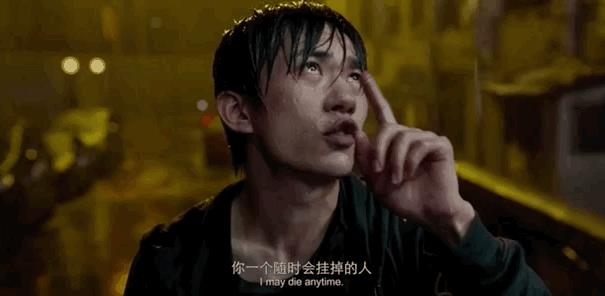
In the minds of the general audience, there has always been a stereotype of crying, that is, crying is a good actor, and crying for one second is a good acting skill. Actors who can cry without eye drops or other tear artifacts let the audience automatically add filters when watching the drama, as if this is the sadness revealed by true feelings, which makes it easier to earn their tears and goodwill.
Crying is widely used in marketing and is also related to the current flood of traffic stars. On the one hand, we can see more traffic stars transforming actors, not only idol dramas, but also many traffic stars in the drama. Stars who are popular with traffic often don’t have the acting skills of trained actors, but the high demand for heat requires more "being made" by hot search, and crying has become an important incision.
For example, kiku, which has always been popular in the culture of Siba, from Legend of Yunxi, Ruyi Fangfei to the recent Legend of Jianan, not only the makeup of ancient costumes is too neat and flawless, but also the crying drama is too exquisite and beautiful, which makes people jump into the drama. Ironically, under the hot search for related crying scenes, kiku has achieved a "high match" between the actors and the roles in the play, and lost the real value of acting.
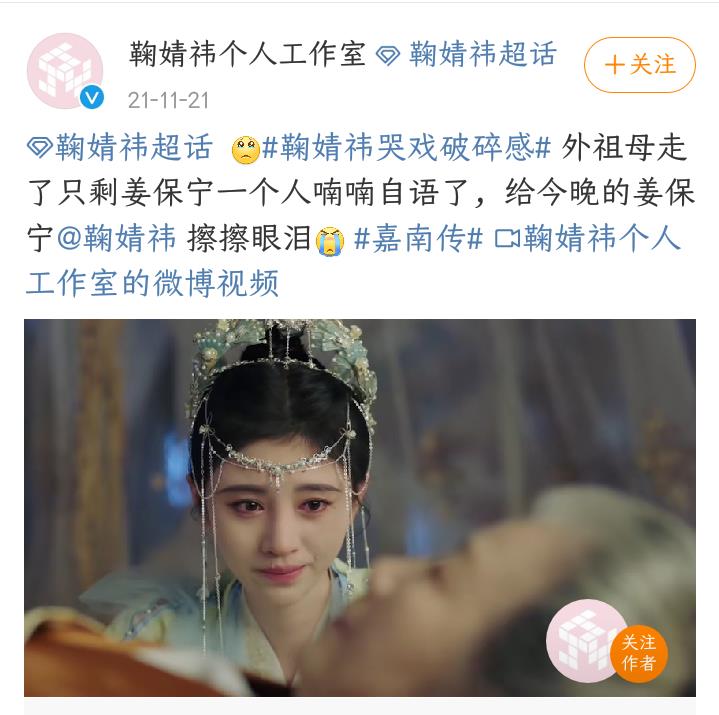
△ Compared with other actors, the makeup in the play often makes people jump.
On the other hand, some traffic stars hope to make a circle by acting, and they will choose to "make up for it" by crying. For example, in recent years, the popular acting competition variety show "The Birth of Actors" and "Actors in Place" invited many traffic stars to participate. Crying drama is often selected as one of the acting inspection, and short-term outbreaks make them gain recognition quickly and increase their goodwill.
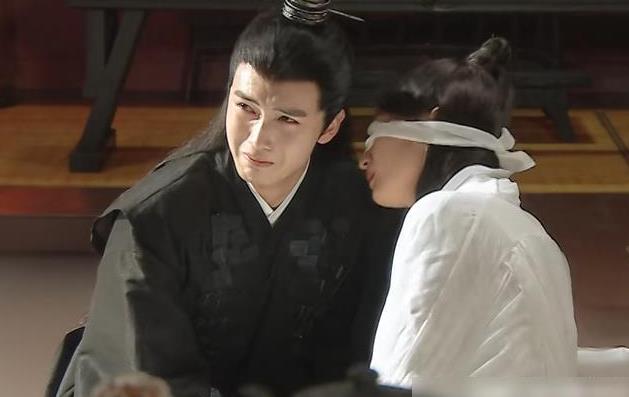
△ Chen Weiwei’s "Actor in Place" crying was ridiculed
To sum up, crying drama marketing is essentially the choice of works, actors and traffic. In the current traffic era, simple crying drama appreciation has become a thing of the past, and such multi-dimensional marketing considerations will inevitably bring many deep-seated problems.
"Marketing is king" or "Works are king"?
Two considerations of crying marketing of film and television works
The crying marketing of film and television works mainly focuses on hot search and short videos. Although this follows the current propaganda trend, it also brings a lot of influence to the works themselves.
In the hot search, the marketing of works mostly appears in the form of entries, lacking more plot description and picture display, which makes people unable to have empathy for crying. At the same time, this is an intercepted expression, which also makes the audience who didn’t watch lack plot foreshadowing. On the one hand, it may lose the later audience, on the other hand, it also makes passers-by groups have a one-sided understanding of the work and the evaluation is not objective.
From a deeper perspective, the current crying marketing generally follows a repetitive routine, and the use of words such as "# Crying Broken Feeling #" and "# Forbearable Crying #" not only makes the audience feel tired and lack the desire to look at it carefully, but also may become a waste of resources and lose marketing significance. The current kissing drama marketing also has a basically consistent performance.
In fact, the really good crying drama hot search marketing should come from the drama series and look for bright spots. For example, the hot search for "# Xia Meng apologizes with PPT" in "Love is delicious" is innovative and makes the crying show more natural.
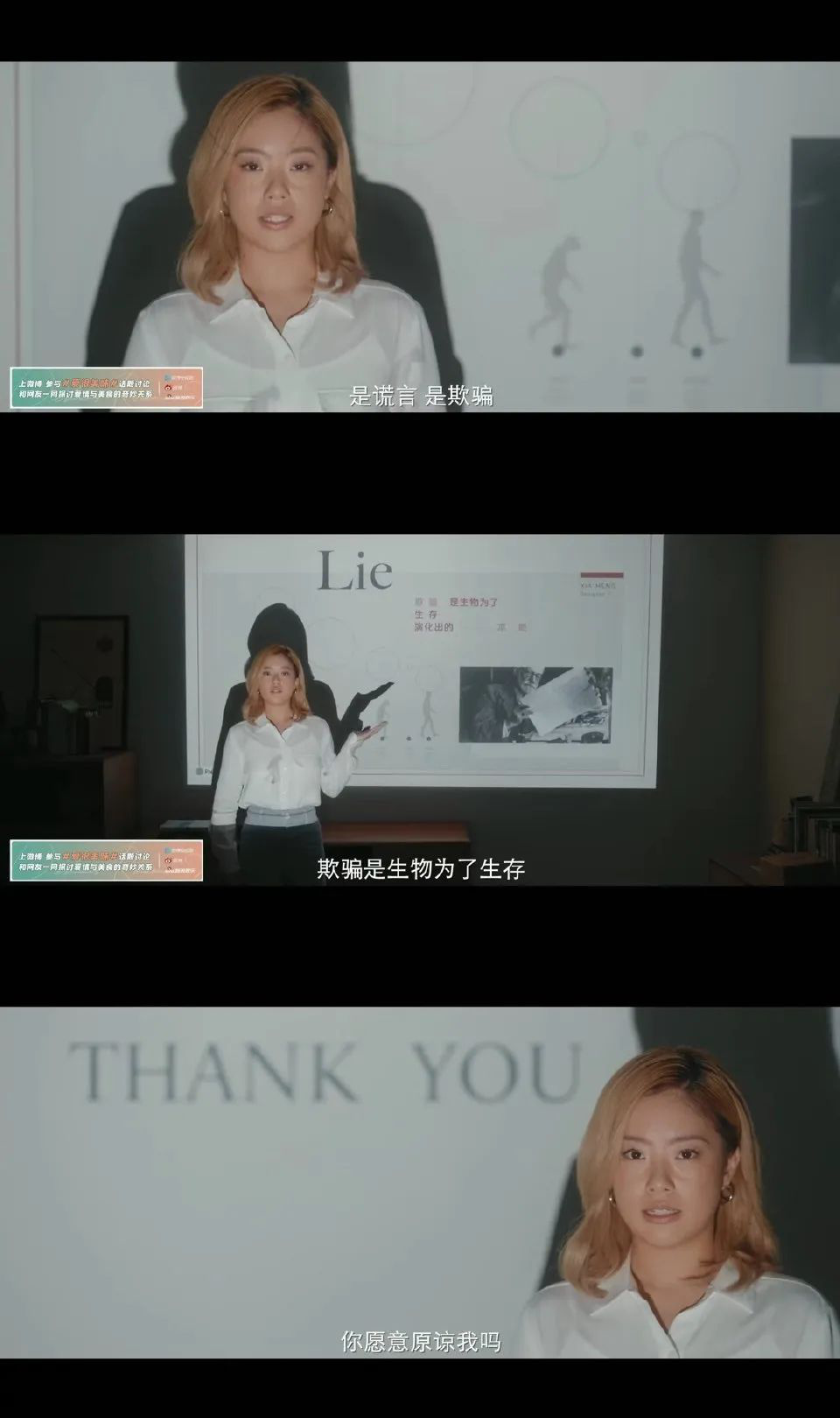
△ Ba Zong Xia Meng apologized to her current boyfriend with PPT to save her feelings.
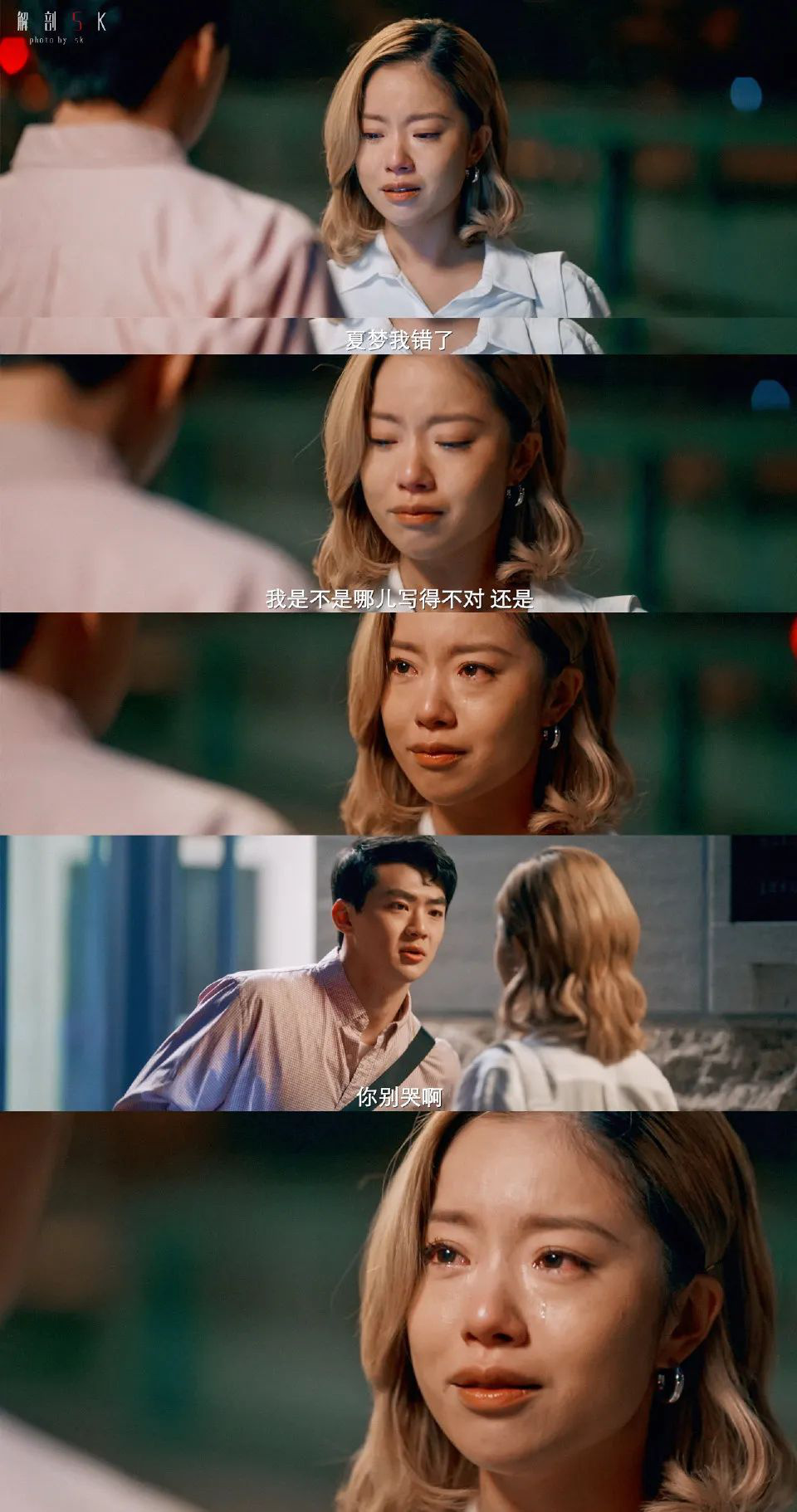
△ The ex-boyfriend waited for her downstairs, and also apologized to himself with PPT. He apologized with tears in the same paragraph because he saw his shadow in his body in those years with his predecessor.
Compared with hot search entry crying marketing, short videos can show crying more directly and are easier for the audience to bring in. But it also has the shackles of expression.
A complete and perfect marketing short video involves several elements: golden sentences, famous scenes, bgm, and special editing order, which will affect the narrative expression and emotional output of the work itself.
The short video of crying drama will also aggravate the propaganda of tears in marketing. The selection of intercepted lines in the drama, the application of popular songs and the cutting of crying drama that disrupts the order all weaken the original narrative logic of film and television works, which will help to break the circle in the early publicity, but it will also make people deviate from the theme of the works.

In fact, in the current traffic era, the film and television industry has long been divorced from the original propaganda mode, and the truth that "the wine is also afraid of the deep alley" has been further confirmed. In the face of this situation, the consideration of the proportion of works and marketing has also become prominent in the influence. From the marketing propaganda of crying drama, we can also understand the worries of "marketing is king" and "works are king".
tag
Crying drama, from simple acting standards to hundreds of marketing cuts, depicts the changes in publicity and marketing of the film and television industry. Whether it is a convenient marketing channel or a novel marketing speech, crying, which comes from works and is fundamental to works, can’t be forgotten.
Crying drama marketing should ultimately depend on crying drama.
